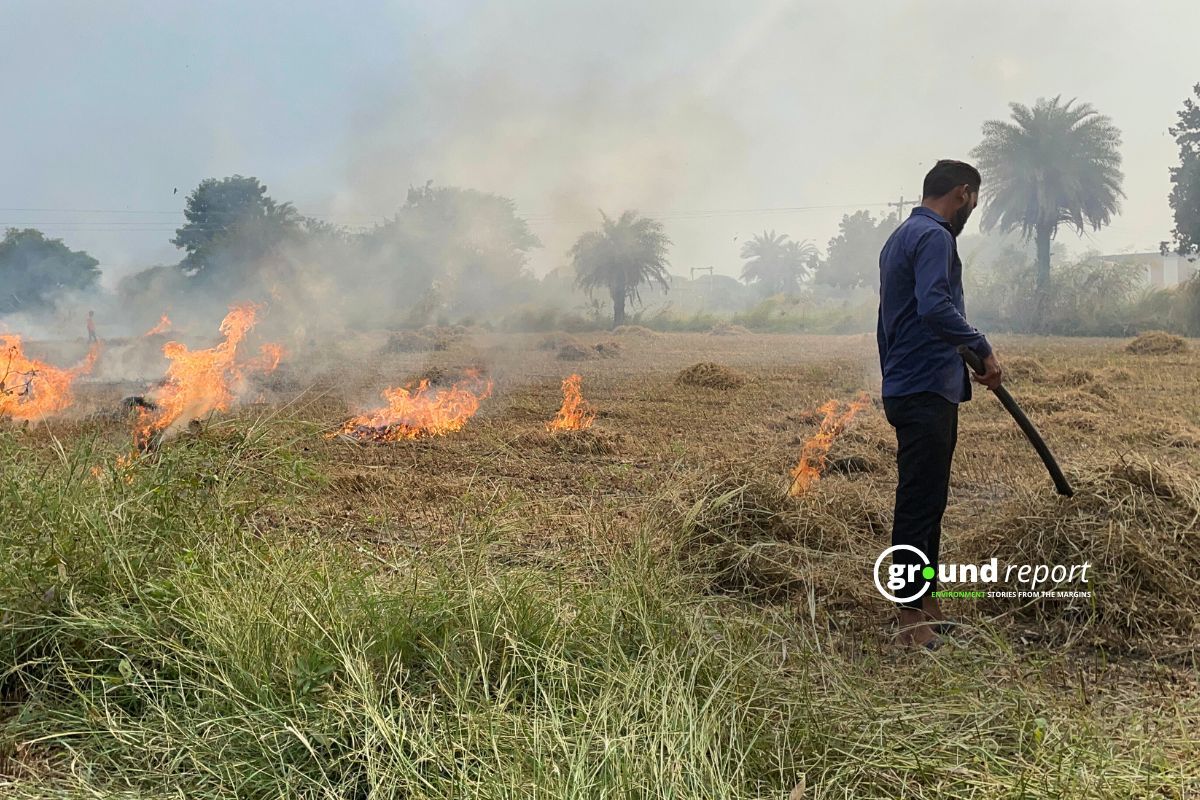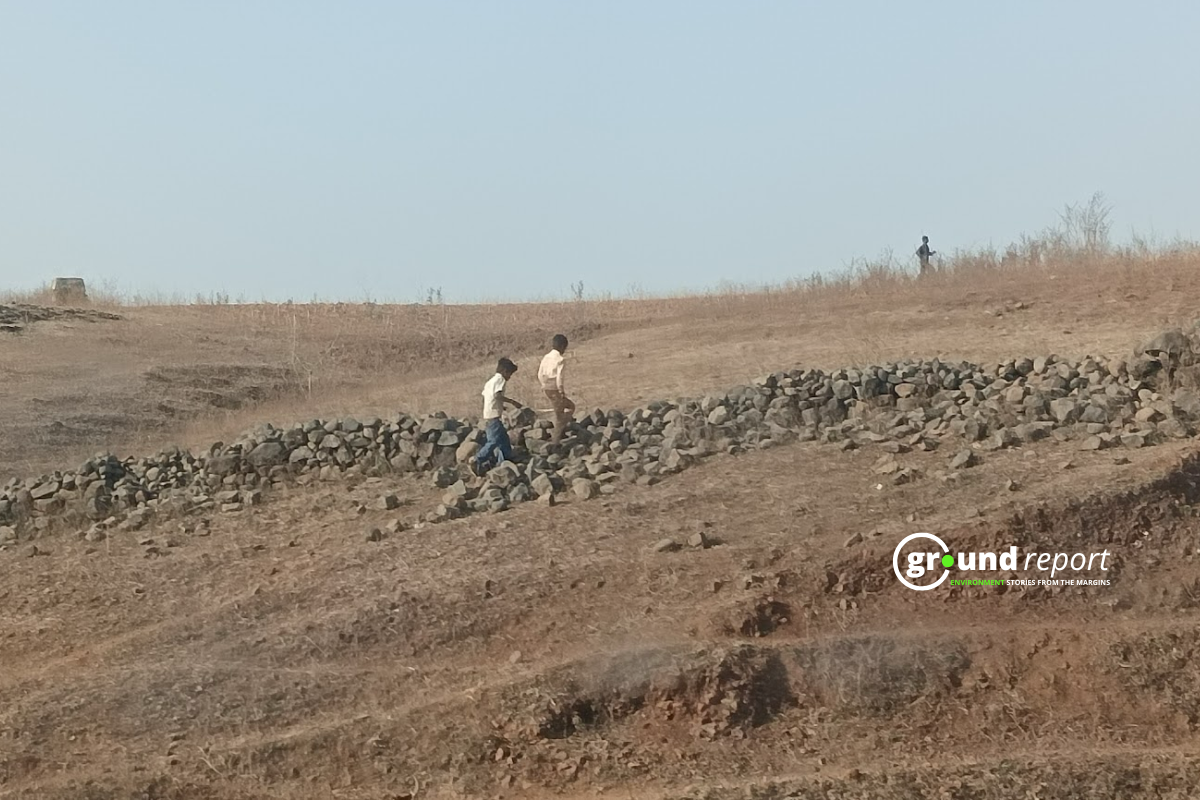Eight elephants were found dead within 48 hours at Madhya Pradesh’s Bandhavgarh Tiger Reserve, triggering a major investigation. Wildlife officials suspect poisoning, and a probe is underway to uncover the cause.
Eight elephants dead, poisoning suspected
According to media reports, the sudden deaths raise concerns about toxic exposure, conflict with nearby agricultural practices, and conservation issues in the area.
On Tuesday, October 29, forest officials discovered the deaths during routine patrols in the Khitoli range of the reserve. The deceased elephants included seven three-year-old females and a four to five-year-old male.
A ninth elephant from the herd is in critical condition, while a tenth that received medical intervention has recovered and been released. The three remaining members are under close observation by officials, who are maintaining heightened surveillance in the area.
The National Tiger Conservation Authority (NTCA) has sent a three-member team to Bandhavgarh to investigate. A separate five-member team from the Principal Chief Conservator of Forests (PCCF) is working independently on the case.
Elephants’ deaths under probe, report pending
According to The Hindu, the NTCA team must deliver a report within 10 days detailing findings related to the cause of death and environmental conditions in the reserve.
Chief Wildlife Warden Vijay N. Ambade reported that all deceased elephants were part of the same herd of 13 frequenting the park’s core areas. Forest officials and veterinarians from the School of Wildlife Forensic and Health in Jabalpur are treating the ailing elephants, and postmortems are underway to determine the cause of death.
Preliminary investigations suggest poisoning, as officials search for contaminants in and around the reserve. Wildlife experts believe the elephants ingested toxic substances outside the reserve and returned to the forest, where they succumbed.
The Print reported that five individuals from nearby villages have been questioned, and over a dozen local farms have been searched. Soil samples, plants, and fecal matter from the elephants’ grazing areas have been collected for examination.
One theory is that the elephants may have eaten Kodo millet seeds, which can produce the toxic substance cyclopiazonic acid if in contact with specific fungi. Samples from surrounding fields, crops, and a nearby watering hole are being tested to determine if fungal contamination contributed to the elephants’ deaths.
Minister orders probe, promises accountability
Forest Minister Ramniwas Rawat expressed deep concern over the situation, stating the deaths were “extremely sad and distressing.” He ordered a Special Investigative Team (SIT) to conduct a magisterial inquiry to identify and punish those responsible. He promised strict action against negligent parties if evidence of human involvement is found.
Bandhavgarh reserve in Madhya Pradesh’s Umaria district spans 105 square kilometers and is renowned for its Royal Bengal Tiger population. While primarily known for its tigers, elephants have recently established a presence. The first herd was observed in 2018, when 15 to 20 elephants migrated from Chhattisgarh and began to inhabit core and buffer areas, marking a significant change in the sanctuary’s biodiversity.
The Specialised Tiger Strike Force (STSF) teams from Jabalpur and Bhopal are investigating within a five-kilometer radius, examining nearby fields, ponds, and water bodies to determine if the elephants ingested toxins while grazing, Bandhavgarh’s Chief Wildlife Warden Vijay N. Ambade told The Hindu.
The recent spike in elephant deaths follows a series of tiger fatalities in Bandhavgarh, leading to administrative changes. In August, NDTV reported that 43 tigers died in Bandhavgarh and Shahdol forest between 2021 and 2023, with some linked to poaching and administrative lapses.
Support us to keep independent environmental journalism alive in India.
Keep Reading
Govt shelves elephant census, population drops 20% in 5 years
Wildlife SOS mourns passing of Suzy, 74, oldest rescued Elephant
Asian Elephants display complex mourning rituals similar to humans: study
Asian Elephant populations threatened by rapid ecosystem decline
Follow Ground Report on X, Instagram and Facebook for environmental and underreported stories from the margins. Give us feedback on our email id greport2018@gmail.com.
Don’t forget to Subscribe to our weekly newsletter, Join our community on WhatsApp, and Follow our YouTube Channel for video stories.






